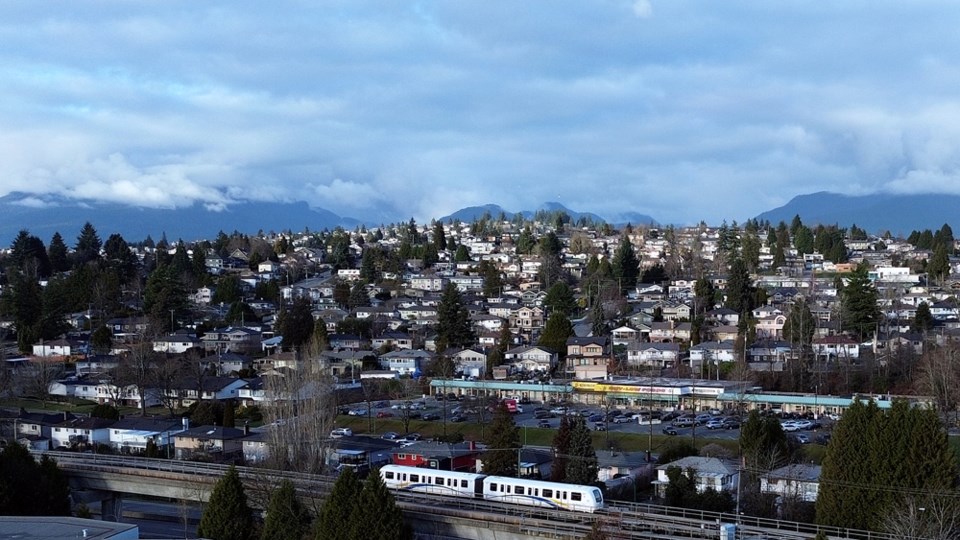The province is doling out money to cities affected by sweeping new housing legislation, and Burnaby will get $1.36 million.
It's part of $51 million in grants the province is giving to 188 communities to support them in the transition to the new housing rules.
The provincial changes approved in November include allowing up to six units on single- and two-family lots, depending on lot size and distance to rapid transit.
They also include establishing minimum allowable heights for residential buildings near transit hubs (for example, within 200 metres of a SkyTrain station, the minimum allowable height will be 20 storeys).
The grants were calculated based on a flat funding amount ($150,000 for municipalities and $80,000 for regional districts), plus a per-capita amount based on BC Stats' population projection.
The province said the funding can be used to hire consultants and staff for newly mandated work, including updating housing needs reports, zoning bylaws, development cost charge and amenity cost charge bylaws and community plans, according to a press release.
Housing Minister Ravi Kahlon said in the release the new housing changes mean it's important for the province to support local governments in getting housing built.
"By providing them with upfront funding, instead of distributing it over time, local governments will be able to support the building of more housing as quickly as possible."
Mayor Mike Hurley, who has previously been very critical of the provincial changes, told the Burnaby NOW his first reaction when getting money is always to be grateful.
"Anytime I get money, I have to say 'thank you,' because it's always a welcome thing," Hurley said. "But, you know, hopefully this is just the start, because there's much, much work still to be done."
He said he'll take time to "get into the weeds" and plan what the funding can be used for.
Hurley also noted city staff have estimated the needed infrastructure improvements as a result of the changes could cost $1 million per 100 metres.
He said pipes will have to be upgraded for ground, rainwater and sewers.
"And then, of course, the streets all have to be put back together again with curbs and gutters. It's not a cheap exercise."





